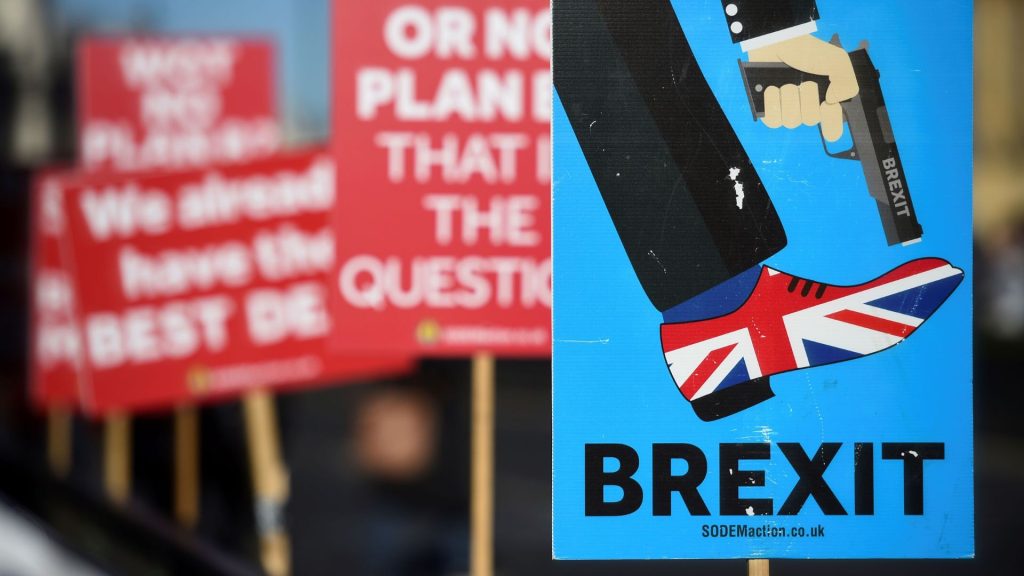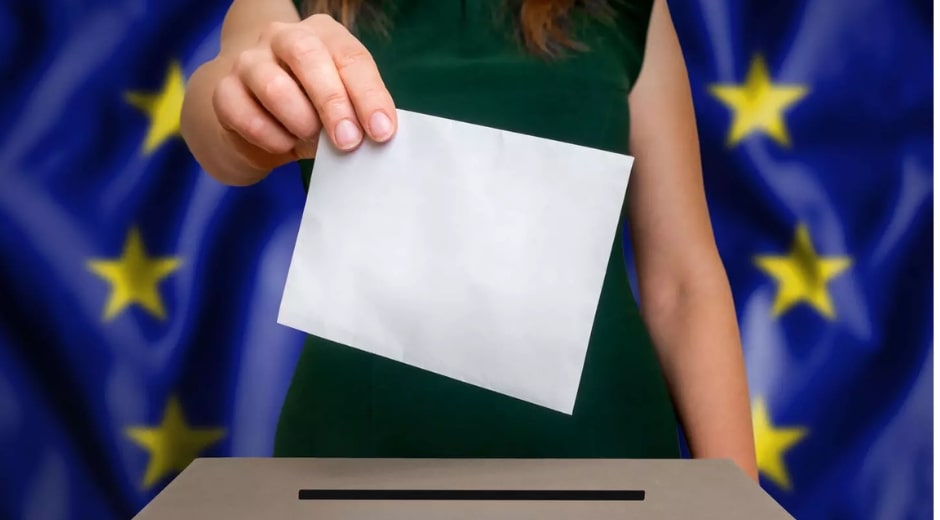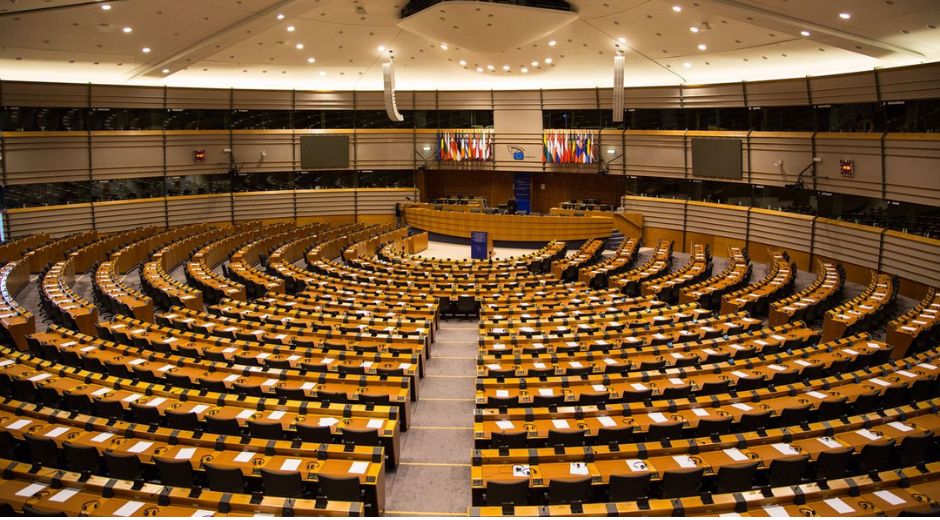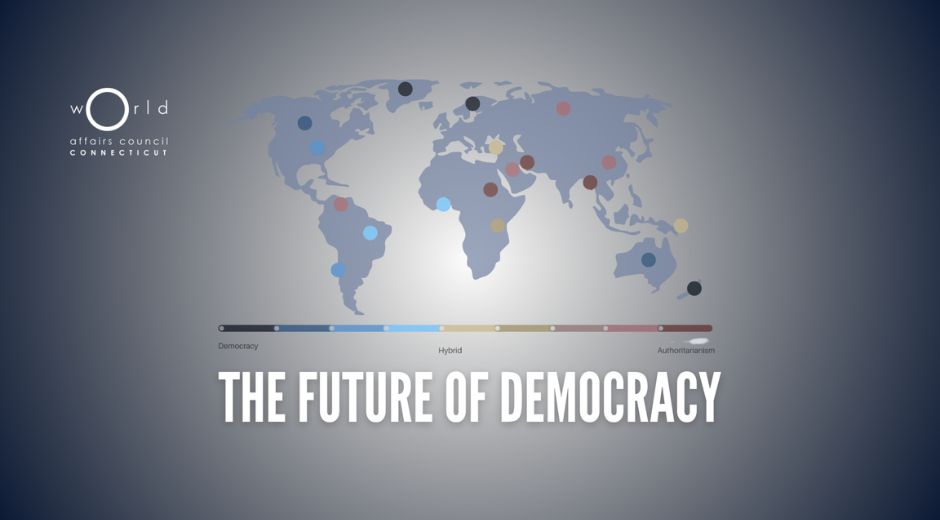The United Kingdom’s Post-Brexit Foreign Policy: Challenges & Opportunities
The United Kingdom’s Post-Brexit Foreign Policy: Challenges & Opportunities
The United Kingdom’s (UK) departure from the European Union marked a profound turning point in its foreign policy. With Brexit redefining economic, political, and diplomatic relationships, the UK faces a set of unique challenges and opportunities that will shape its position on the global stage for years to come. Understanding these dynamics is essential not only for policymakers but also for businesses, citizens, and international partners.
A New Era in Global Relations
The United Kingdom’s exit from the EU has forced a reevaluation of its foreign policy priorities. Historically tied closely to the European Union, the UK now seeks to establish an independent voice in global affairs. This involves renegotiating trade agreements, strengthening ties with long-standing allies, and engaging with emerging markets. According to EcoGlobalo, sustainable development and climate diplomacy have become central to the UK’s international strategy, highlighting its commitment to global environmental leadership.
Trade and Economic Diplomacy
A primary concern in the United Kingdom’s foreign policy is trade. The UK must navigate new agreements to ensure smooth access to markets previously secured through the EU. This includes forging partnerships with the United States, Commonwealth nations, and Asia-Pacific countries. Business leaders, as noted by BusinessForumHub, recognize that effective trade diplomacy is essential to securing investment, fostering economic growth, and supporting post-Brexit stability.
Trade negotiations also intersect with domestic policy. The United Kingdom’s approach to tariffs, regulatory alignment, and market access reflects both economic priorities and political considerations. As global economic landscapes shift, the UK’s adaptability will be crucial to maintaining influence and fostering prosperity.
Security and Defense Considerations
Security remains a cornerstone of the United Kingdom’s foreign policy. The UK continues to participate in NATO and international peacekeeping missions, while also expanding bilateral defense agreements with non-EU countries. FinanceWorldHub highlights the strategic importance of these initiatives, emphasizing how defense partnerships help safeguard national interests and promote stability in geopolitically sensitive regions.
Furthermore, cybersecurity and counter-terrorism have become increasingly significant. The United Kingdom’s coordination with allies and investment in technological capabilities ensure that it can respond effectively to emerging threats in a rapidly evolving global environment.
Environmental Diplomacy
Climate change is a defining issue for the United Kingdom’s foreign policy. International forums, such as the COP summits, provide platforms for the UK to demonstrate leadership in environmental protection and sustainable development. Collaborating with organizations and platforms like Chronostual and StudySkillUp, the UK emphasizes climate innovation, green finance, and global cooperation to address environmental challenges.
The integration of climate considerations into foreign policy is not just a moral imperative; it is also a strategic move. By championing sustainability, the United Kingdom’s influence extends beyond traditional economic and military spheres, positioning it as a leader in the global transition toward a low-carbon future.
Diplomatic Reorientation
The United Kingdom’s diplomatic network is undergoing significant reorientation post-Brexit. Embassies and consulates are being repositioned to prioritize regions with strategic economic and political relevance. New diplomatic strategies aim to strengthen relationships with Commonwealth countries, while balancing traditional ties with Europe and North America.
Soft power remains a vital component. Cultural diplomacy, academic exchanges, and global media presence are leveraged to enhance the United Kingdom’s international standing. According to Politicxy, this multidimensional approach ensures that the UK maintains relevance and influence even as the European framework shifts.
Challenges in the Global Arena
While opportunities abound, the United Kingdom’s foreign policy faces significant challenges. Trade negotiations are complex and often protracted, creating uncertainty for businesses and investors. Geopolitical tensions, particularly in regions like the South China Sea and the Middle East, demand nuanced responses and strategic flexibility.
Public opinion also shapes foreign policy priorities. Domestic debates about immigration, healthcare, and economic strategy influence how leaders engage internationally. Balancing these domestic concerns with global commitments is a delicate task that the United Kingdom’s policymakers must navigate carefully.
Opportunities for Leadership
Despite the challenges, Brexit opens doors for new leadership opportunities. The United Kingdom’s capacity to act independently allows it to champion causes such as human rights, technological innovation, and climate action. By leveraging expertise from think tanks, international partners, and research platforms like StudySkillUp, the UK can shape global agendas while reflecting domestic priorities.
Furthermore, fostering relationships with emerging markets presents economic opportunities. Strengthened ties with Asia, Africa, and Latin America allow the United Kingdom to diversify trade and investment, reducing reliance on traditional European partners.
Strategic Partnerships and Alliances
Strategic partnerships are central to the United Kingdom’s post-Brexit foreign policy. Collaborations with NATO allies, the United States, and EU countries on security, trade, and technology ensure stability and mutual benefit. Additionally, engagement with international organizations helps the UK influence global norms, regulations, and standards.
Financial diplomacy also plays a role. The United Kingdom’s policies support global investment flows and banking stability, as highlighted by FinanceWorldHub. By integrating economic and diplomatic strategies, the UK maintains a holistic approach to international relations.
Conclusion
The United Kingdom’s foreign policy post-Brexit is at a transformative crossroads. Challenges such as trade negotiation complexities, security threats, and shifting geopolitical landscapes are balanced by opportunities to exercise independent influence, promote sustainability, and build strategic alliances.
By focusing on innovation, diplomacy, and environmental leadership, the United Kingdom’s government can strengthen its global standing while enhancing domestic prosperity. Platforms like EcoGlobalo, Chronostual, StudySkillUp, BusinessForumHub, and FinanceWorldHub provide valuable insights into best practices and emerging trends, supporting informed policy decisions.
Ultimately, the United Kingdom’s foreign policy reflects a blend of tradition and innovation, balancing historical ties with a forward-looking strategy. By leveraging its expertise, networks, and resources, the UK can navigate post-Brexit realities and seize opportunities that strengthen its role as a global actor.
The Pulse of Politics

Shadow Governance and the Networks Behind Formal Power
Shadow Governance and the Networks Behind Formal Power

Political Fragmentation and the Rise of Multi Party Instability
Political Fragmentation and the Rise of Multi Party Instability

Electoral Realignment and the Voters Redrawing Political Maps
Electoral Realignment and the Voters Redrawing Political Maps

Power Consolidation and the Subtle Shift Toward Centralized Authority
Power Consolidation and the Subtle Shift Toward Centralized Authority

Global Political Shifts Redefining International Power Balance
Global Political Shifts Redefining International Power Balance













